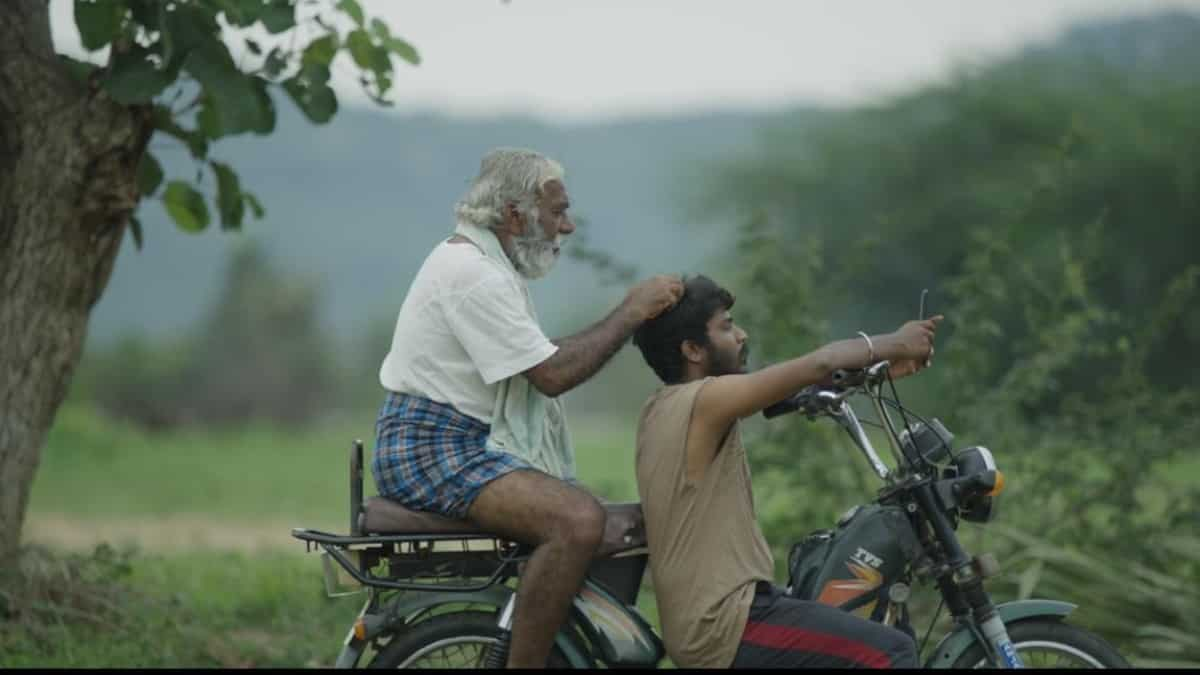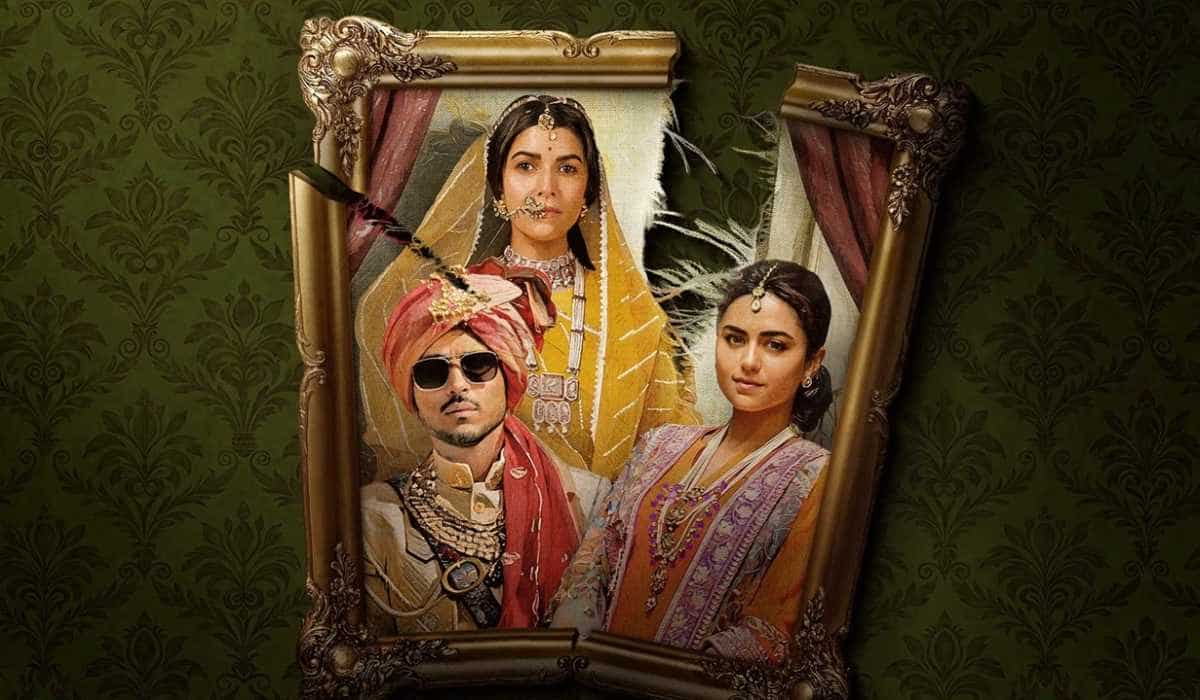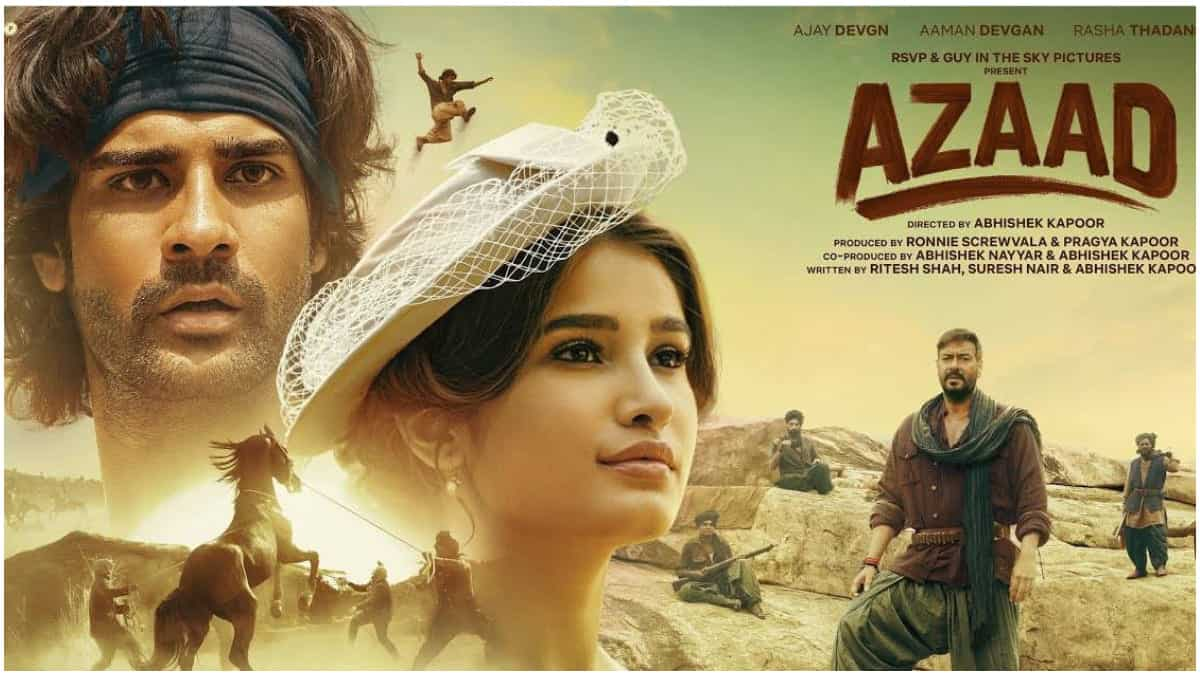
Azaad Review: A Promising Start That Falters in Its Finale
3 months ago | 5 Views
Azaad Story: Govind (Aaman Devgan) is referred to as a 'stable boy' by the daughter of his employer, Janaki (Rasha Thadani). His transgression lies in his birth into a marginalized community, which the zamindars exploit for their own benefit. When he escapes to the forest, he encounters a rebel named Vikram Singh (Ajay Devgn), labeled a dacoit by society. However, the distinction between right and wrong is nuanced. Govind experiences an instant connection with his horse, Azaad, but tragedy forces them to confront their destiny and strive to overcome the poverty imposed upon them by the British and the zamindars.
Azaad Review:
The success of Lagaan in the 2000s stemmed from its powerful themes of freedom and independence. At that time, the nation had just celebrated 50 years of independence, and this sentiment resonated deeply with audiences. The timing was impeccable, as was the script's ability to appeal to a diverse audience, including romantics, patriots, cricket enthusiasts, and those eager to see the oppressors defeated. In Abhishek Kapoor’s Azaad, these themes resurface, yet it has been 25 years since this formula last achieved such success in cinema. The world has evolved over the past two decades, and the question remains whether this approach will resonate with contemporary viewers, a consideration that the writers' room likely deliberated extensively.
Crafted by the same writers behind Kedarnath (Abhishek Kapoor), Bang Bang (Suresh Nair), and Sardar Udham (Ritesh Shah), Azaad reflects elements from these films, aspiring to encompass multiple narratives. The screenplay presents a visual journey of a despondent boy who must navigate his path to maturity and ultimately become a catalyst for the freedom movement. The premise is straightforward: marginalized individuals fighting for their rights, while simultaneously, a narrative unfolds about a man forging a bond with a horse, as majestic as the one that raised him, who also has a penchant for alcohol.
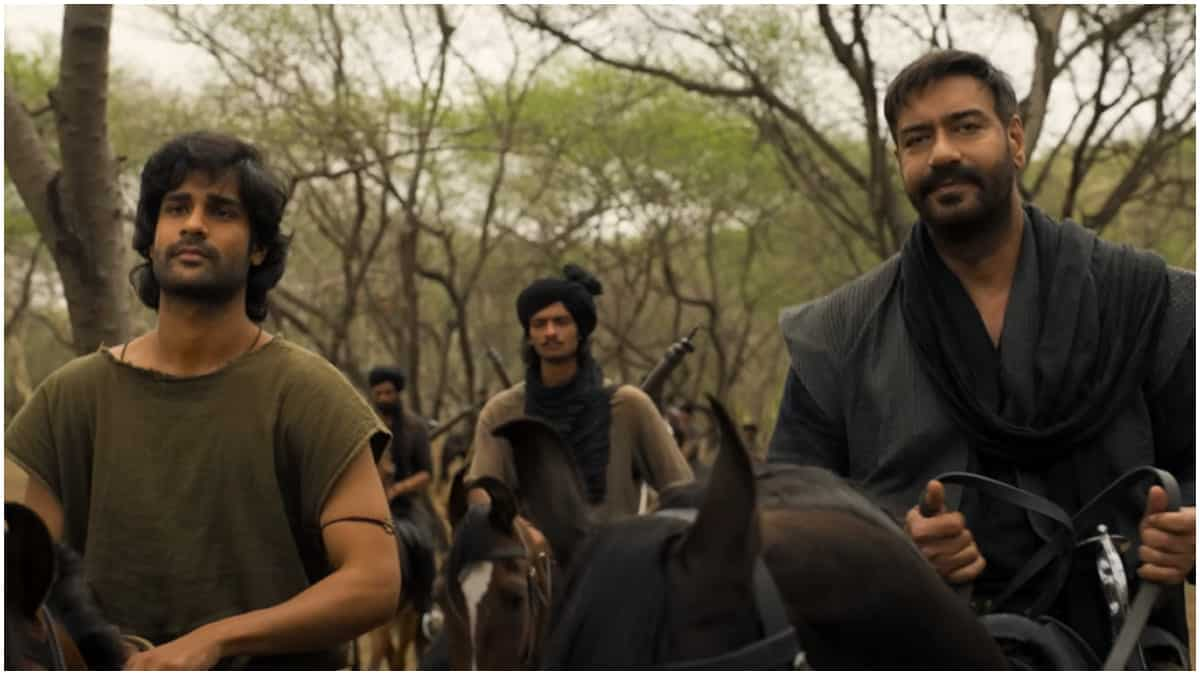
Azaad commences with a striking premise, presenting a world through the perspective of a young boy who struggles to come to terms with his circumstances. His acceptance of reality is catalyzed by a brutal beating from the zamindar for riding a horse that he is only meant to care for as part of his duties. Despite the oppressive system that seeks to keep him and others like him from advancing, this young man remains vibrant and harbors grand aspirations. However, unlike Lagaan, where the romantic interest is portrayed as an equal, in Azaad, the love interest is the zamindar's daughter. This aspect of the narrative follows a familiar trope, as similar stories have been told in more compelling ways.
Nevertheless, the first half of Azaad is commendable for its straightforward storytelling, avoiding unnecessary complications. Yet, in its pursuit of simplicity, the film's second half becomes somewhat lackluster, leading to a decline in engagement. The transition to the interval feels abrupt, shifting from a poignant moment to a less impactful scene, resulting in a 30-minute stretch in the second half that lacks sufficient momentum. The screenplay resorts to montages and rapid shifts in character dynamics, leaving little room for development. While many may feel the narrative concludes when Govind finally locates Azaad, the story continues in a manner that often feels prolonged.
The climax arrives with a race in which both Azaad and Govind seek to demonstrate their capabilities. Although this race is intriguing, particularly with the British imposing a penalty for the Indians' defeat, it follows a series of uninspired sequences. Additionally, there are notable inconsistencies; for instance, if the zamindar is so particular about the marginalized, how does he permit his daughter to celebrate Holi with them? Furthermore, how does an uneducated boy, unfamiliar with the term ‘stable,’ suddenly articulate ‘unstable’ as if he has always understood its meaning?
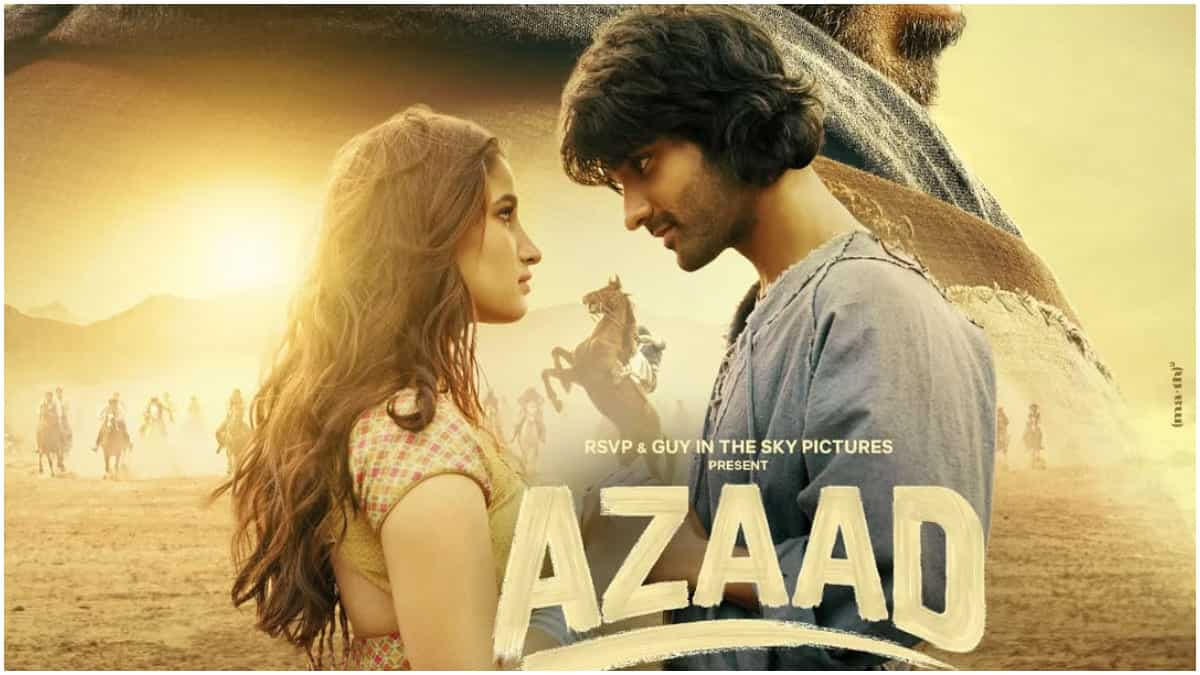
The placement of songs throughout the film appears to be quite disjointed. The track "Ui Amma," which serves as a key highlight of "Azaad," is integrated in such a way that it felt more appropriate for a standalone music video rather than a cohesive part of the film. Additionally, there is a call to revive the tradition of song teasers, as the current trend of releasing full music videos diminishes the anticipation of experiencing these performances in a theatrical setting.
Furthermore, "Azaad" seems overly polished for a narrative set in the harsh realities of the 1920s. While it attempts to touch upon significant political events, such as Gandhi's non-cooperation movement, it refrains from delving deeply into the political climate of the era. The film addresses the oppression by zamindars but does so in a rather superficial manner.
Aaman Devgan delivers a commendable performance as Govind, showcasing his confidence even when sharing the screen with Ajay Devgn, who fits seamlessly into his role. Rasha Thadani, though young, demonstrates potential, but her role feels more like an extended cameo. Abhishek Kapoor’s direction appears overly cautious, which is evident, yet he manages to elicit commendable performances. The production design is mediocre, and Amit Trivedi’s soundtrack, while decent, lacks lasting impact.
Azaad Verdict:
In summary, "Azaad" starts strong with capable performances but loses its way in the middle, ultimately regaining focus towards the conclusion, resembling the spirit of "Lagaan" without fully capturing its essence.
"Azaad" is set to premiere on January 17, 2025. For further updates on this film and other content from the entertainment industry, please stay connected with Mobile Masala.
Read Also: Paatal Lok Season 2 Review: Triumphs and Trials in a Darker Narrative
Get the latest Bollywood entertainment news, trending celebrity news, latest celebrity news, new movie reviews, latest entertainment news, latest Bollywood news, and Bollywood celebrity fashion & style updates!





